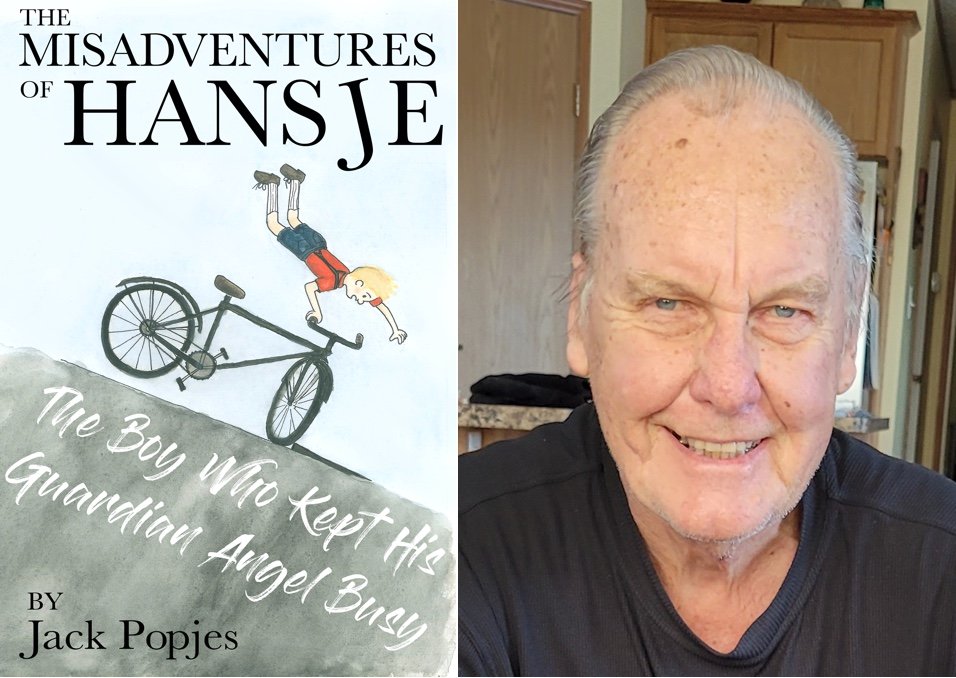Writing Contest Winner
Count
Sam's Stick of Slate Pencil
by Leila Lightbourne
The year was 1945. I was seven years old and I had lost my stick of slate pencil again. I couldn't find it anywhere. My teacher, Mr. Edwards, would be very cross with me if I showed up at school without my slate pencil. Father would be upset that I was so careless.
What was I to do?
On the way to school that morning I stopped at the village shop. Old Mrs. Davis, who owned the shop, was busy serving her customers. I looked around longingly at the candies, tops, bats, balls and sticks of slate pencils.
In our little village children didn't have any money of their own. At Christmas time some kind relative might give you a penny or even a bright new silver sixpence to use at your hearts content. But Christmas was months away. I had no slate pencil, or the penny needed to buy a stick.
Many boys and girls credit things from Mrs. Davis' shop. She trusted them to pay her back.
I thought of all my options that morning. I didn't want to borrow a slate pencil and have Mr. Edwards shout at me for coming to school without any pencil.
Then there was Papa who was bitterly opposed to any kind of debt. 'Owe no man anything,' was his motto in life.
After much thinking I decided to credit a stick of slate pencil from Mrs. Davis. I had never trusted anything in my life before so my credit was good. When it was my turn to be served Mrs. Davis asked, “What would the little laddie wish?”
“I need a stick of slate pencil, Mrs. Davis, but I don't have a penny to buy one with. Will you trust me one, please?” I asked softly.
“Right, laddie,” she reached her plump hands inside a wide neck jar where she kept the slate pencils.
“Thank you,” I said as I walked out of the shop.
I strolled off to schoo
l with the stick of slate pencil, but I was an unhappy little boy that morning.
It seemed that each time I wrote on my slate with the pencil it screeching sound said, “I don't belong to you. You didn't pay for me.”
That afternoon after school I was careful not to loose my pencil. I tucked it away in my pants pocket and slowly made my way home.
At home, Papa saw right away that something was wrong.
My face was long and sad.
“Are you all right, Sam?” He asked in his deep voice.
“Yes, sir,” I stammered, but I knew he didn't believe me.
My father was an observant man and one couldn't do wrong and get by him. I used to think he knew what I did before I actually did it.
Later that afternoon my conscience wouldn't let me rest. There was a tempest going on in my mind. I was in debt. I had something for which I didn't pay.
I couldn't play with my other siblings. I sat in a corner of the room where Papa was writing his sermons and sulked.
Papa noticed my worried face and asked. “ What is wrong, Sam?”
I couldn't hold it in any longer. ”Papa, I lost my slate pencil and had to trust me from Mrs. Davis' shop this morning.” I confessed sadly.
Papa was angry with me and gave a stern warning of the dangers of debt.
“It is a bad habit, son. It could bring shame on the family and even prison.”
I bowed my head in disgrace. I never wanted to bring shame on my family.I didn't want to go to prison.
Papa left his writing and grasps me by the hand.With tears streaming down my face he marched me down to the village shop and paid the penny for my stick of slate pencil.
I was only seven years old, in 1945, but I learned my lesson and never went into debt again.
©2006 Leila Lightbourne Used by permission

This is Jack Popjes and one of his published books. He and I worked on multiple projects. He's met many goals.
Meet your writing goals in 2023.
Free Newsletter
Sign up below for
Editor's Notes
Inspiration and Writing Tips
and receive tips
to maximize
your use of MS Word.
Click for more information
and archived copies...
Or sign up using the form below
to start your subscription right away.



